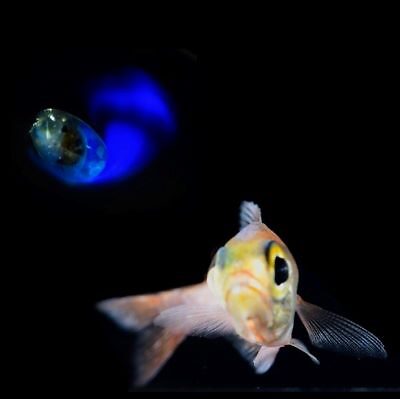Kleptoprotein: sequestering functional protein from prey for bioluminescence

Date
Location
Description
Speaker: Designated Assistant Professor Manabu Bessho-Uehara /Institute for Advanced Research, Nagoya University
The process of an organism acquiring a new function is predominantly understood to be the result of accumulated mutations. Specifically, novel changes in the genome lead to the acquisition of genes with new functions. An exceptional case to this rule is the phenomenon of organisms acquiring functions from their prey, as seen in "klepto(=stealing)plasty", where sea slugs obtain chloroplasts from algae and carry out photosynthesis.
In my study to identify fish luciferase (bioluminescent protein), I occasionally discovered protein sequestering and named it as "kleptoprotein". The fish, Parapriacanthus ransonneti, has luciferase which is identical to that of the crustacean Cypridina noctiluca. The luciferase is obtained by ingested crustacean but not genetically encoded in the fish genome. It is a rare occurrence for an ingested protein, which would usually be digested and broken down, to be stored in a specific organ and maintain its function for an extended period.
The use of kleptoprotein is the alternative manner for novel trait evolution. So far, no other instances apart from P. ransonneti have been reported.
Biography
Earned PhD. (Agricultural Science) at Nagoya University in 2017 with study for on the evolution of firefly luciferases.
Postdoctoral research fellow at Monterey Bay Aquarium Research Institute from 2018-2020 for studying deep-sea bioluminescent organisms.
From 2020 to present, designated assistant professor at Nagoya University to study kleptoprotein bioluminescence.
Subscribe to the OIST Calendar: Right-click to download, then open in your calendar application.



